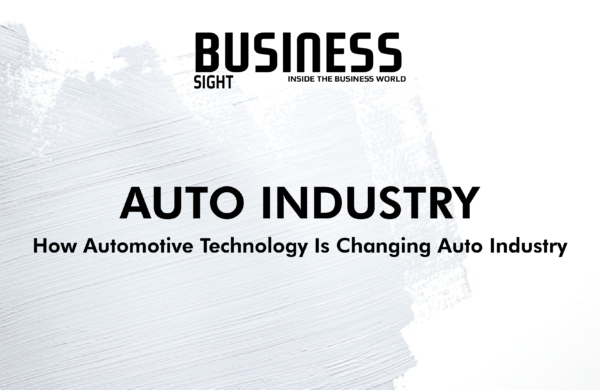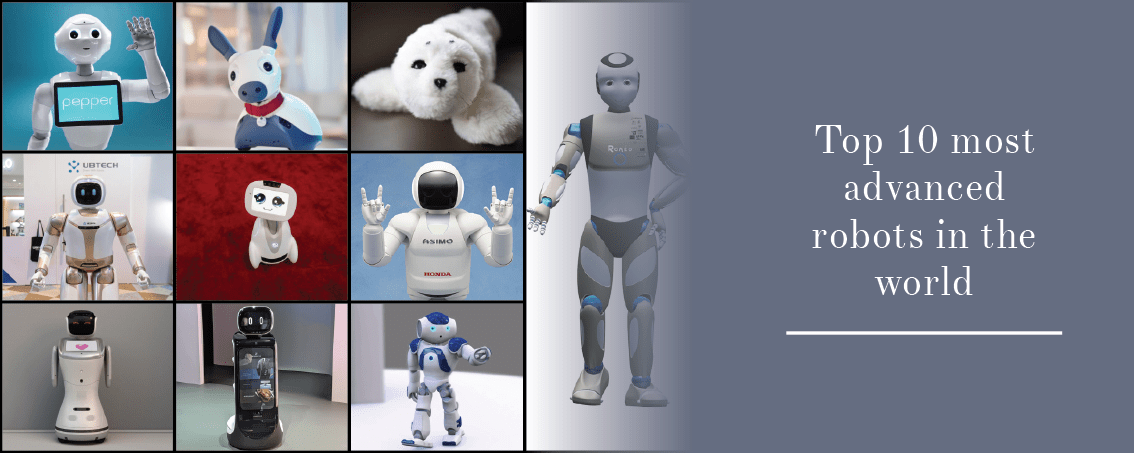Cars are become smarter and more automated with a lot of innovative technology just like smartphones that are equipped for accomplishing more than making calls, automobiles can do substantially more than drive and stop. Digital transformation is penetrating the automotive sector more and more with multiple new technology innovations and market shifts hitting the industry at the same time. While a vehicle’s fundamental purpose which is to transport from point X to point Y remains unchanged but the mobility solutions will be more flexible, individualized, and compatible. The current shift in the automotive industry is all about changing the focus from pure hardware to integrating software content.
Car manufacturers are manufacturing autonomous, connected, electric, or a mix of all three – which will be fueled by cutting-edge technology. Innovation is accelerating in the auto sector and that is why automotive developers need to adjust and boost their tech development efforts. The companies that are actively investing in and acquiring new technological capabilities, are handling these changes well and can successfully emerge as the winners in an exceedingly competitive industry.
The latest models are depicted as ‘supercoms on wheels’ and it is reasonable a good idea to say so. Not just about software but more and more sensors are added to vehicles, posing new challenges and opening up new opportunities giving a tremendous amount of data that can now be captured, digested, and analyzed. Using IoT and sensor technology, data can be gathered on things like steering, braking and how effectively a car navigates the road to deliver solutions for integrating and intelligently managing the data and create more efficient cars. Companies will need to deploy the right industry-based analytics and AI platforms to put all that data to good use for cars to become fully automated and the mobility industry’s structure could be fundamentally transformed.
Manufacturing technologies also are driving growth and change in the automotive industry with the implementation of 3D printing technology. 3D printing will help with mass production, as it sets the value in using it for early prototyping and design, also it will influence tooling, and will support vehicle service and maintenance. Soon enough, buyers will be able to completely personalize their cars to reflect their individual tastes, beyond just the features they can select for their car.
The growth of zero emission vehicle technology has been driven by environmental factors which is the need of the hour to address the climate changes. The popularity of cleaner and more environmentally friendly electric vehicles (EVs) and hybrid electric vehicles (HEVs) is increasing in every country as more and more people are becoming aware of the climate effects. However, Electric vehicles may be a promising concept today but only if you get the energy from a renewable source as people get 90 percent of their electricity from coal plants, which is again contributing to global warming.

















